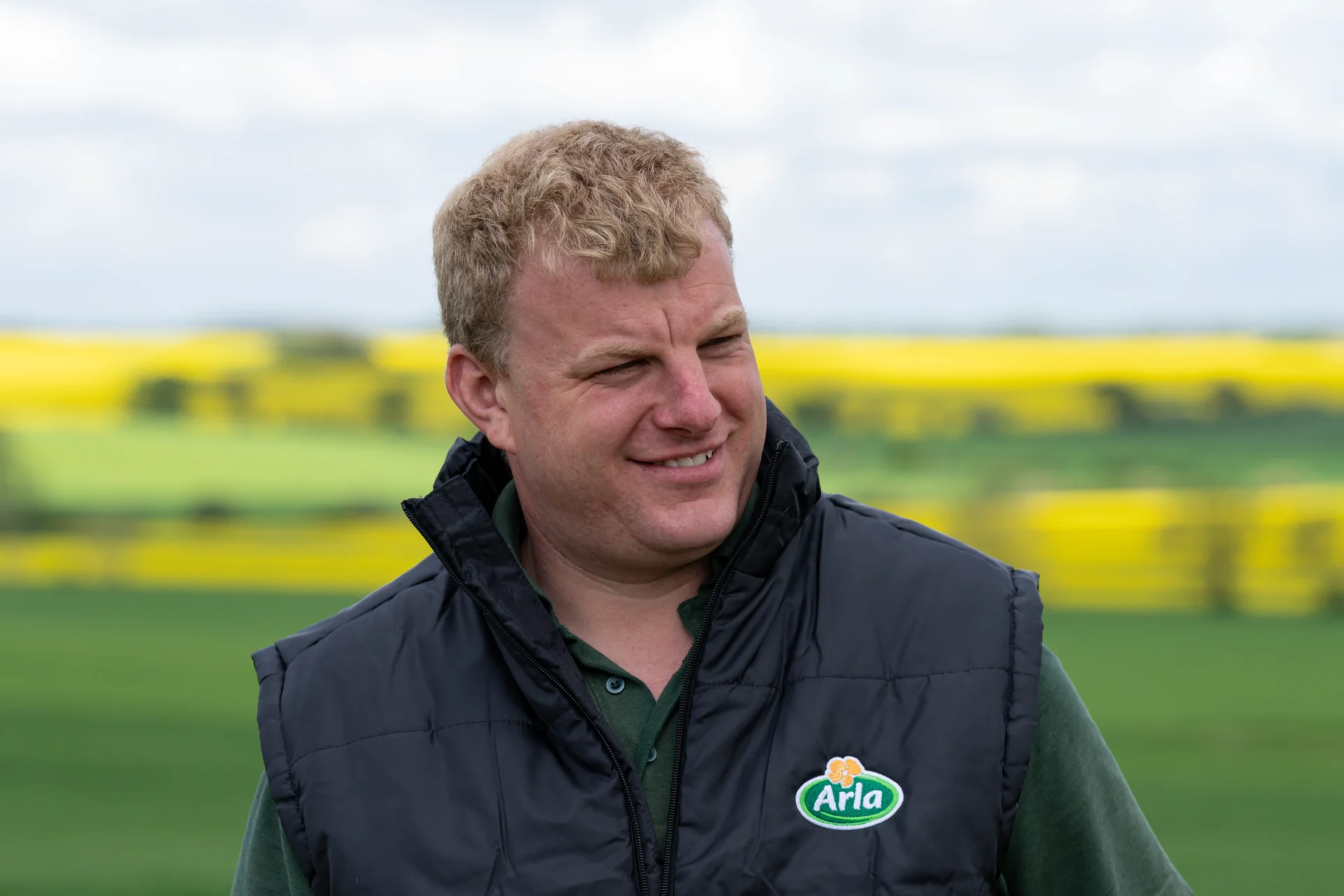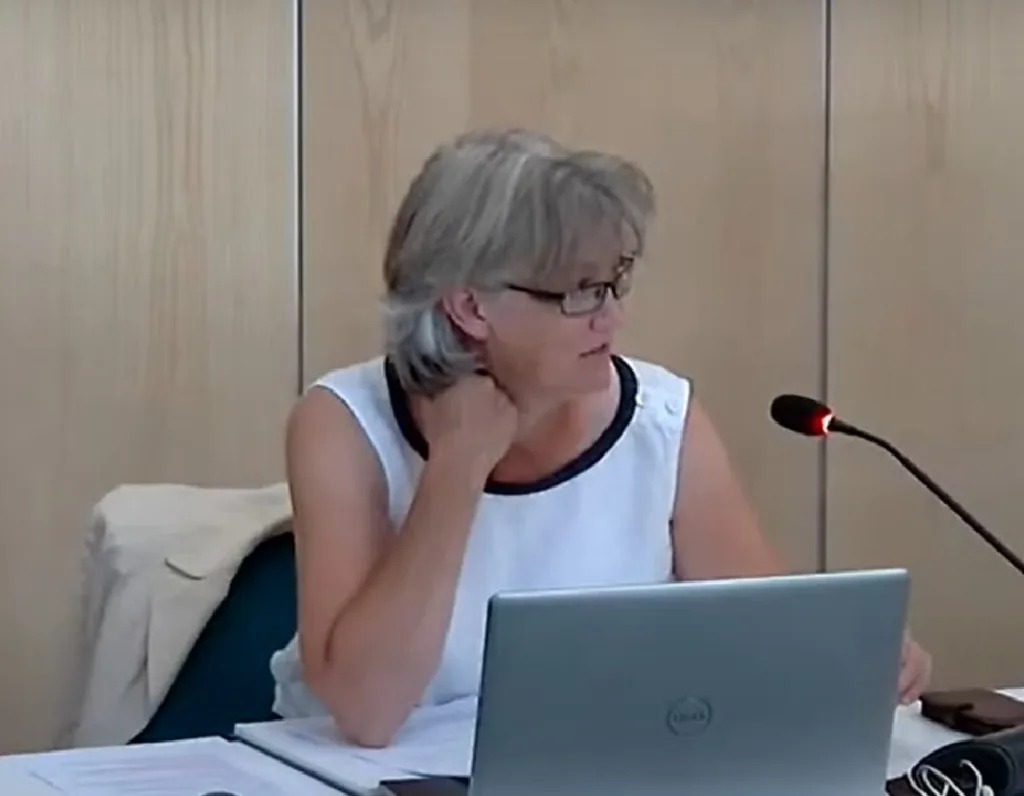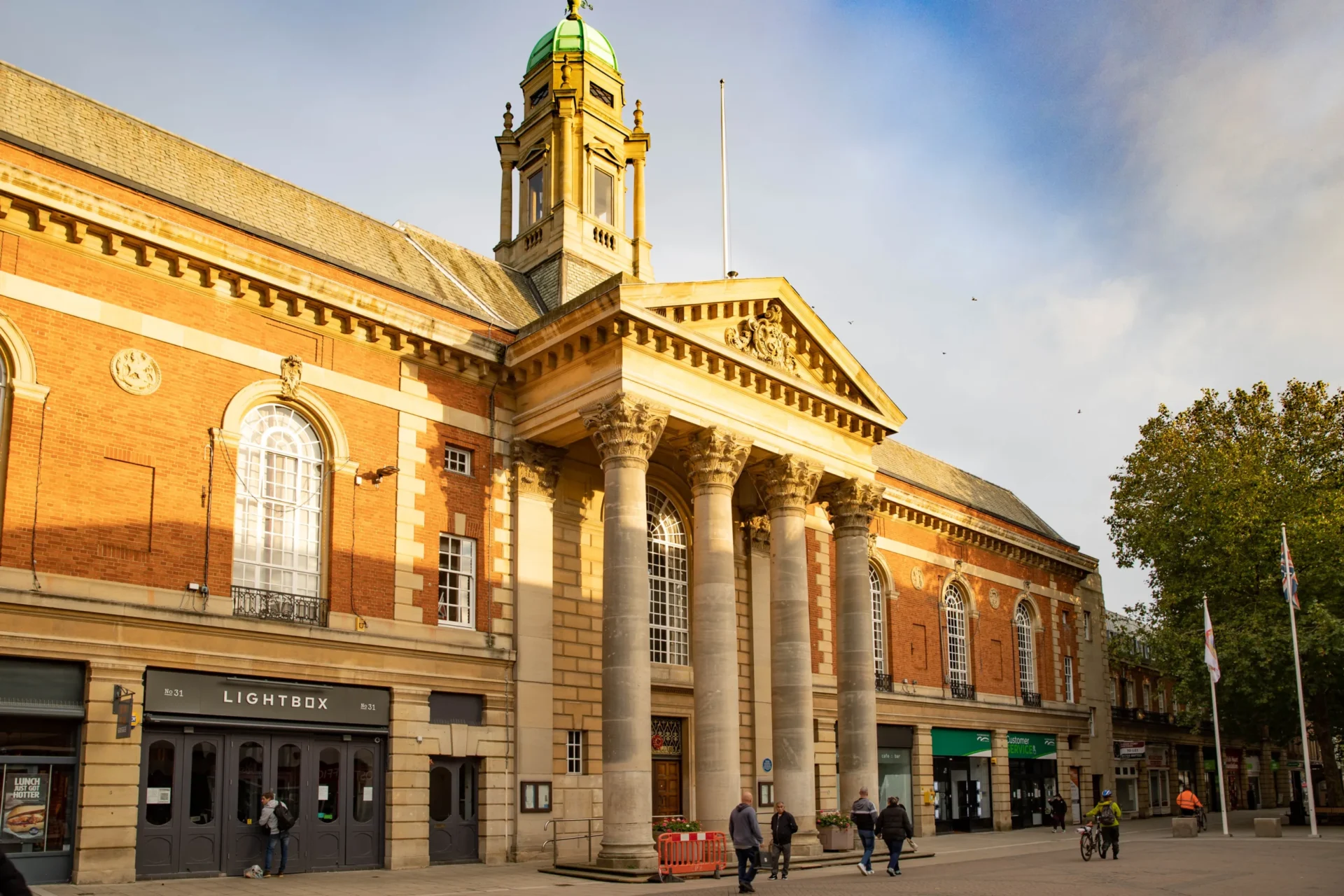Cambridgeshire farmer Oliver Williams is leading the charge to create millions of homes for Britain’s most loved wildlife species.
Oliver is a real champion for change and for advocating biodiversity and protecting local wildlife like hedgehogs.
He is part of a farming collective Arla – the UK’s biggest dairy cooperative – that incorporate environmental initiatives such as protecting and helping wildlife to thrive.
Arla believes that the UK’s loss of hedgerows has been identified as a key factor in the decline of many plant and animal species across the nation, but most Brits are unaware of the key role they play.
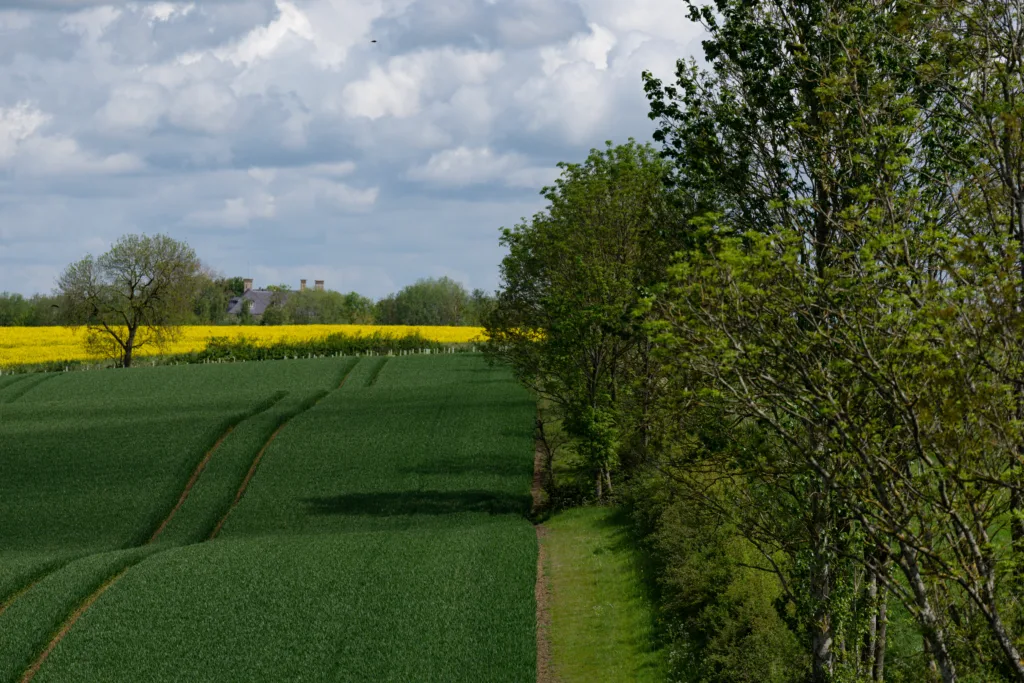
The co-operative has joined forces with the People’s Trust for Endangered Species to address these issues and help more people create their own wildlife friendly gardens and green spaces with a wildlife landlord guide.
Oliver, who farms on the Cambridgeshire/Northamptonshire border near Huntingdon off the A1, said: “Hedgerows benefit all small species, especially hedgehogs, which is why I take great care in ensuring they are protected and nurtured at all costs.
“On my farm, I’ve recently established a new area of woodland to grow new hedges and nurture existing hedgerows, helping to create natural breaks in the countryside and small populated habitats for our small and prickly friends.
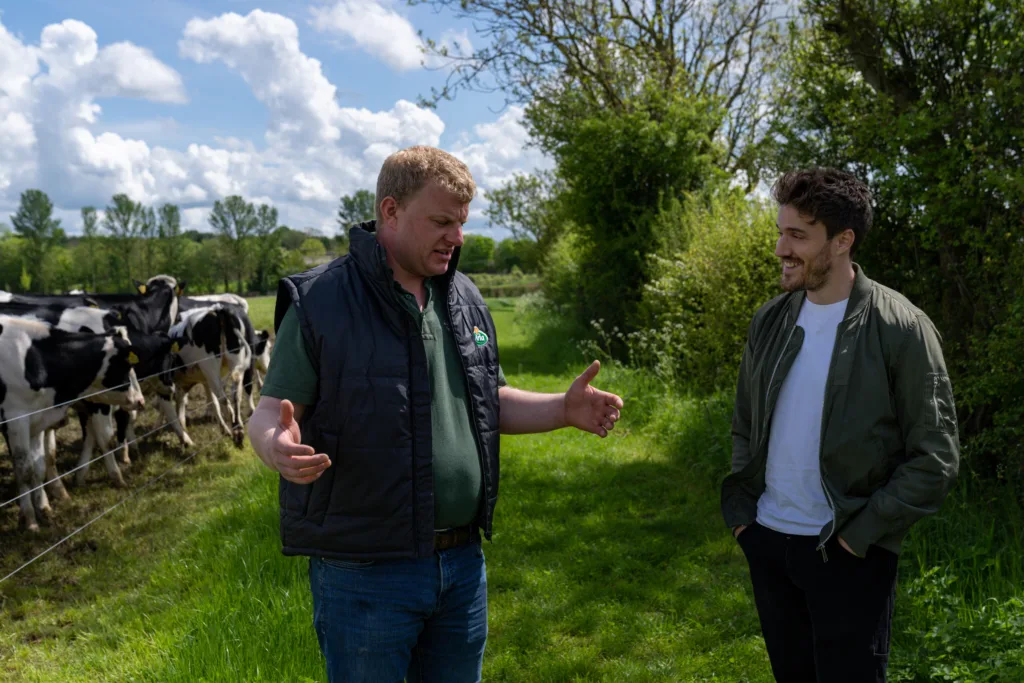
“Protecting the environment is so important, and there are many ways you can, even if you aren’t a farmer!”
Research from Arla found that 64% of Brits are unaware that a typical hedgerow can support over 2,000 different plant and animal species and over a third (35%) are not aware we have lost many hedgerows in the last 80 years.
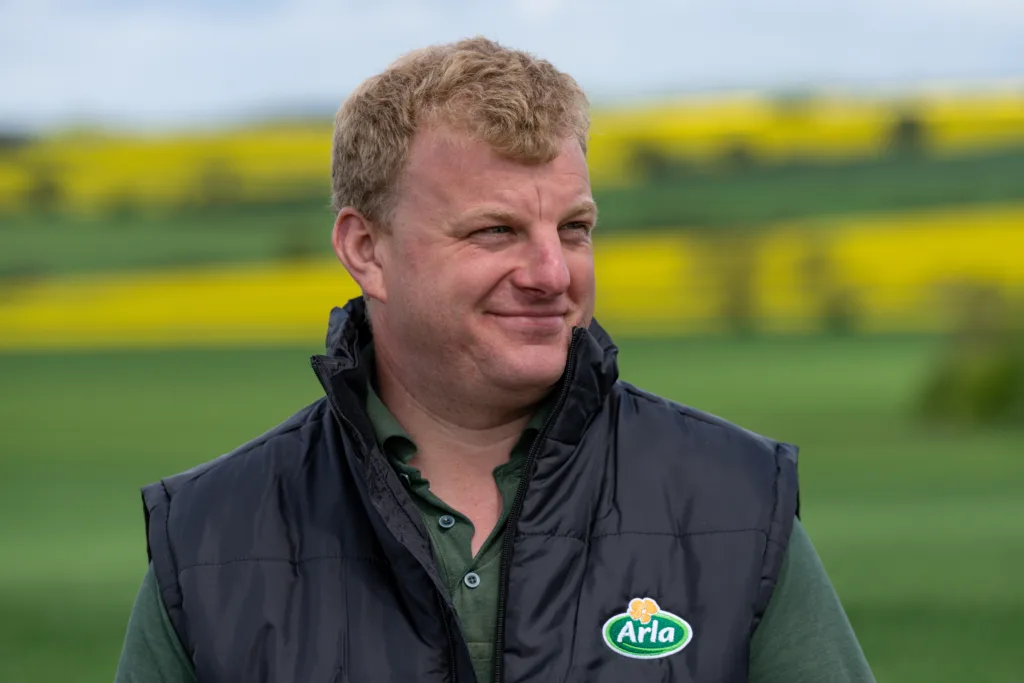
Their findings also reveal that 85% of Brits say they believe that protecting the environment and the UK’s wildlife is important yet 43% are unsure how they can make an impact and almost a third (32%) claim they don’t have the time and over a quarter (25%) claim they don’t have the to do anything about it.
Arla says hedgerows are natural wildlife corridors made up of shrubs and trees and are essential for wildlife to thrive – but over half have been lost since WW2.
It believes the UK’s loss of hedgerows, typically found on farms, has been identified as a key factor in the decline of many plant and animal species across the nation.
Rachel Campbell, director of the Arla Brand & Sustainability says: “You don’t need to be a farmer or own acres of land to become a landlord to a diverse population of wildlife, which is why Arla has teamed up with the PTES to inspire more people to replicate some of the actions being taken on farms in their own gardens or local outside areas.”
Megan Gimber, Key Habitats Officer, at People’s Trust for Endangered Species, says: “Hedgerows are essential habitat and wildlife corridors for thousands of species across the countryside.
“When managed well, they offer one of the biggest and most connected resources we have for nature. “The harmonious combination of trees, flowering scrub and grassy margin creates a habitat more than the sum of its parts, enabling the hedgerows to house, feed and shelter an enormous proportion of our native wildlife.
“Healthy hedgerows have the potential to benefit wildlife and the environment, whilst still being a valuable asset for farms.
“As an individual, there are simple actions you can take to mimic the biodiversity of hedges in your own back garden and turn your green space into a wildlife haven.”
For more information on Arla’s C.A.R.E programme and to see how you can act, visit: http://arlafoods.co.uk/sustainability/protecting-nature/wildlife-havens/
Cambridgeshire farmer Oliver Williams, says: “Hedgerows benefit all small species, especially hedgehogs, which is why I take great care in ensuring they are protected and nurtured at all costs.


